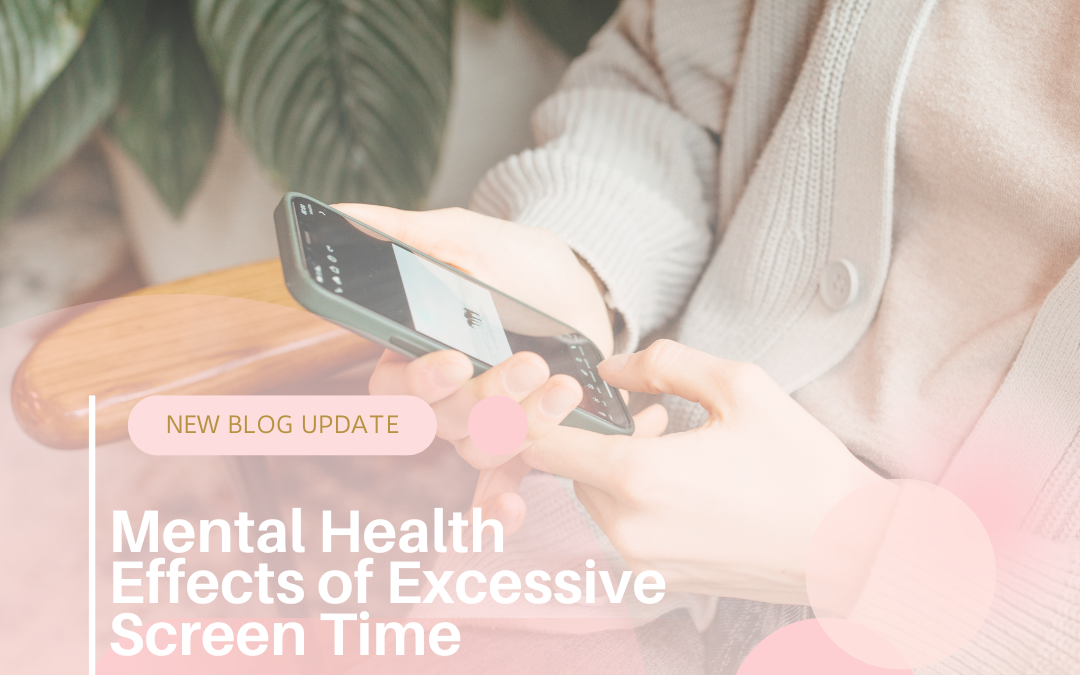If we’re honest, most of us would admit we spend more time looking at screens than the faces of our friends and family. From phones and tablets to laptops and large flat-screen TVs, screen time is steadily on the rise. But what are the mental health effects of all this screen exposure?
Sleep Disruption
Many of us may not realize that excessive screen time, especially before bed, disrupts our natural sleep cycles. The blue light emitted by electronic devices can suppress melatonin, the hormone responsible for sleep. When screen time pushes us past our bedtime, it becomes harder to fall asleep, leading to poor sleep quality. Over time, this sleep deprivation can impact our mood, making everyday stress harder to handle.
Reduced Social Skills
There’s an irony to digital connection—while we use screens to interact, we’re often alone when we do. Socializing virtually can’t fully replace face-to-face interactions, and fewer in-person connections can lead to loneliness and even social anxiety.
Difficulty with Emotional Regulation
Excessive screen time can dull our emotional awareness and processing. Frequent exposure to aggressive or distressing media may skew our emotional reactions and heighten aggression in ourselves. This can impair our ability to respond calmly to real-life events.
Decline in Self-Esteem
Social media is a space where comparison is constant. Scrolling through curated images of others’ lives can create the illusion that everyone else is happier, healthier, or more successful. Over time, this comparison can chip away at our self-esteem.
Creating Healthier Screen Habits
If you feel like you’re spending too much time on screens, there are a few steps you can take. Start by designating your bedroom as a no-device zone to promote better sleep. Make family meals screen-free to encourage connection, and try engaging in offline activities—take up a hobby, reconnect with friends, or spend time outdoors. Your mental health will thank you.


Recent Comments